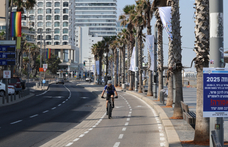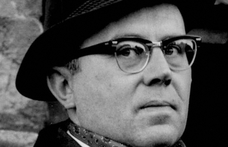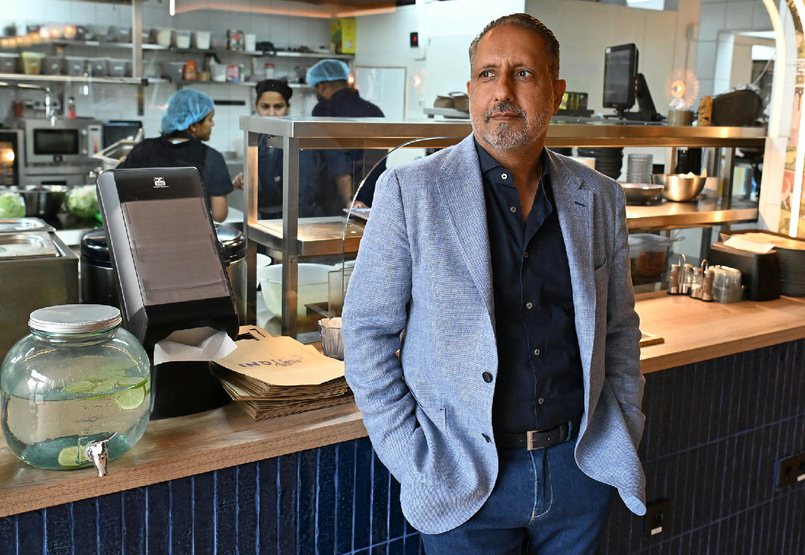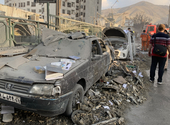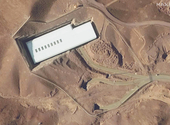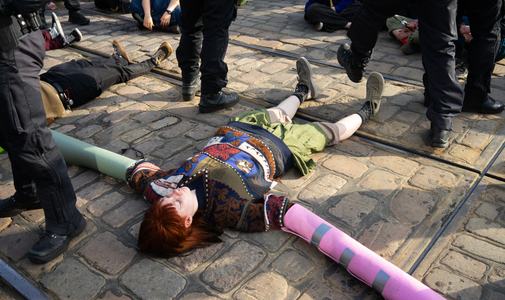Popping the balloon
Anxious relatives
What matters more? Solidarity with a small democracy whose inhabitants are our linguistic kin, or a summit with the head of a continent-sized nuclear power who is working to re-establish his country's superpower prestige? Ferenc Gyurcsany chose the former by attending the council of the Finno-Ugric peoples. That the Estonian prime minister did not attend did not prevent him from representing Estonia's point of view, he said. Fidesz does not agree.
Together at the top
"We were never a political family, but we watched the television news every evening at 7.30 , and then we discussed what we'd seen. That's how I grew up," says the 28-year-old new government spokeswoman.
Back in time
A recent Gallup survey found no significant group in Hungarian society that held a positive overall view of the government's achievements. Some 15 years ago, people largely accepted they had to pick up the tab for the comfort spending the Communist government had indulged in. Paternalistic dictatorship had died so recently that it was impossible to believe it might be resurrected. But then the state managed once again to convince people that, just like under Socialism, it was possible in a market economy to consume more than was produced. For this reason, and with a constant background of corruption scandals, there is little support for further market reforms.
Not a life-and-death issue
The former Hungarian-Soviet Oil Company (Maszolaj) is being taken away from us. Once again, and now the Austrians are the villains - the Austrian government owns 31.5 per cent of OMV, which has been buying up Mol shares. It's no longer about war reparations, of course. This time they're paying - but we're not pleased. Actually - who, exactly, is not pleased? Shareholders seem to be happy, at any rate. They're more than willing to sell.
Parties does not need to advertise
Viktor Orban is using advertising to fight the silly season. After guerrilla marketing - a strange Hungarian approach, no less - we are now witnessing the anti-political advertising campaign, whereby our politician campaigns under the banner of an anti-campaigning jihad. His idea, that he wanted to see enshrined as a white paper, was not proposed to be accepted, but in order to provoke a rejection.
The mayor on the weekends violence
Budapest rejects the aggressive Arpad Flag-toting extermists who call ever more openly for hate against the widest possible range of groups. "In this situation, if I must, I too will be Jewish, Roma or gay," said Gabor Demszky in a statement on Monday. His Free Democrat party is calling for a five-party statement, while Fidesz and the Christian Democrats condemn the government. Meanwhile, the Hungarian Democratic Forum (MDF) are rejecting "Arpad Flag hooliganism".
Bridges of sighs
They're not about to collapse under our feet, but some of the Budapest's bridges over the Danube are in a pretty miserable state. There are still more to come: new crossings are to open both this year and the next.






